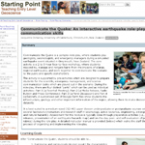
Improving science communication skills through scenario-based role plays
Status
Completed: 10 September 2016
Project Details
A project to help scientists and science learners learn how to translate scientific results, conclusions and recommendations into language easily understood by non-experts. A collaboration involving the University of Canterbury, University of Otago, Nga Pae o te Maramatanga, Massey University Joint Centre for Disaster Research, Mercalli Consulting and GNS Science Joint Centre for Disaster Research.
Aims:
The main aim of the project was to develop and evaluate a suite of scenarios that can be used as real-time role-plays that develop communication skills. It also aimed to develop communication curriculum tools for use by educators.
Methodology:
The project's methodology featured:
- development and evaluation of a complex scenario-based role-play, Communicate the Quake, to improve students’ science communication skills
- opportunities for participants to practise communicating complex scientific and hazard management information to a wide variety of different stakeholder audiences, with access to a range of supporting scientific data
- giving participants the opportunity to experience several authentic crisis communication tasks and use modern communication tools and technology.
Team
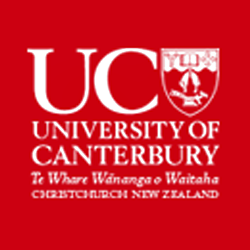
Dr Erik Brogt
Project leader
University of Canterbury
Jacqueline Dohaney
University of Canterbury
Dr Brendon Bradley
University of Canterbury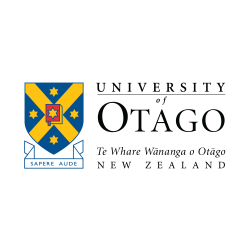
Vivienne Bryner
University of Otago
Dr Darren Gravley
University of Canterbury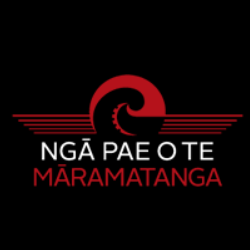
Dr Dan Hikuroa
Nga Pae o te Maramatanga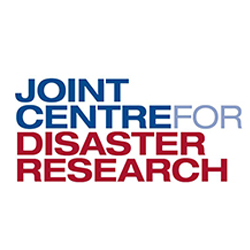
Dr Emma Hudson-Doyle
Massey University Joint Centre for Disaster Research
Steve Glassey
Mercalli Consulting and University of Canterbury
Professor David Johnston
Massey University and GNS Science Joint Centre for Disaster Research
Dr Ben Kennedy
University of Canterbury
Dr Mark Quigley
University of Canterbury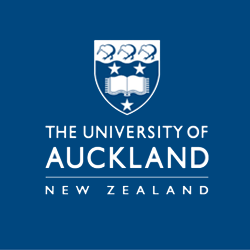
Dr Jan Lindsay
The University of Auckland
Dr Thomas Wilson
University of CanterburyStatus
Funding
$278,000.00 (excl GST)
Key Findings
Findings on student communication
- The project found that students from the United States had statistically higher pre-scores for confidence than New Zealand students, indicating that students’ backgrounds may influence their communication confidence.
- The average change was positive and statistically significant, indicating that Communicate the Quake was successful at increasing students’ confidence when communicating.
- The project found changes were independent of students’ pre-scores, meaning that the scenario-based role-play was effective in changing confidence levels regardless of where they began.
- The changes observed over the course of a single, multi-hour intervention were on par with changes observed in the literature for interventions that occured over much longer time frames.
Findings on participants' perceptions
- The project compared participants’ perceptions of crisis communication to those of experts. (academics, emergency managers and science communicators) and found participants showed statistically significant positive shifts (ie, they had more agreement with experts).
- Several factors appeared to influence the level of change achieved such as students’ nationalities, their year of degree programme, and the scenario-based role-play team in which they were placed.
- Using 49 individual statements on different elements of science communication best practice, analysis showed that there were some best practices in which most student groups agreed with experts (showing high perceptions) and others which they disagreed with experts (showing low perceptions).
- There were several topics with which experts struggled with (ie, they gave predominantly neutral responses, with distributions leaning towards agreeing or disagreeing) that coincided with mixed and low perceptions from the student participants.
- These topics were comprehensiveness, showing the scientist’s emotions, political influence/agenda, use of formal language, and use of graphs and plots.
- The statements for which the emergency management professionals disagreed with the student groups were the ‘why’ of the crisis, discussing past crisis scenarios and the communication of probabilities.
- The topics were potentially important topics to explore further and understand.
Key Recommendations
- Communicate the value of scenario-based role-play | Share information to ensure practising geoscientists, engineers and emergency management professionals in the field understand more about scenario-based role-play and the benefits for communicating science to a wider audience.
A report prepared by Jacqueline Dohaney, Erik Brogt, Thomas Wilson, Emma Hudson-Doyle, Ben Kennedy, Jan Lindsay, Brendon Bradley, David Johnston, Darren Gravley.
(PDF, 3.2 MB, 86-pages).
- 12 August 2016
A report prepared by Jacqueline Dohaney, Erik Brogt, Thomas Wilson, Emma Hudson-Doyle, Ben Kennedy, Jan Lindsay, Brendon Bradley, David Johnston, Darren Gravley.
(PDF, 536 KB, 4-pages).
- 12 August 2016
An update prepared by Jacqueline Dohaney, Erik Brogt, Thomas Wilson, Emma Hudson-Doyle, Ben Kennedy, Jan Lindsay, Brendon Bradley, David Johnston, Darren Gravley.
(PDF, 1.6MB, 4-pages).
- 12 August 2016
